Save Money on Car Repairs and Maintenance
Everyone wants to keep their car running smooth without burning a hole in their wallet. The good news is that a few simple habits can shave off big bills on tyres, brakes, clutches, and more. Below you’ll find straight‑forward tips you can start using today.
How to Cut Tyre Costs
Tyres are the biggest recurring expense for most drivers. First, check the tread depth regularly – when it hits 2 mm you’re close to the legal minimum and it’s time to start shopping. Look for sales at local tyre centres and compare the price per tyre, not just the total package. Buying a set of four at once often lands you a discount, but if only two need replacement, match the brand and model to the existing ones to avoid costly re‑balancing.
Consider switching to a mid‑range brand that offers a good warranty. Premium brands may promise longer life, but the price difference isn’t always worth it for everyday driving. A tyre fit‑and‑balance service that includes wheel alignment can save you from uneven wear later – an alignment check costs under £30 and can extend tyre life by up to 20%.
Smart Choices for Brakes, Clutch and More
Brake pads are another frequent expense. If only the rear pads are worn, you don’t have to replace the front ones. Many mechanics will let you change just what’s needed, saving you around half the cost. When you do buy new pads, choose a reputable brand that matches your car’s specifications – cheap, generic pads often wear out faster and can damage the rotor.
Clutch problems can feel expensive, but catching the issue early makes a big difference. A burning smell or slipping when you shift means the clutch is close to failure. If you hear a squeal, try a short test drive to see if the clutch still grabs fully. Early replacement of a worn clutch can cost between £300–£500, while waiting until it’s completely broken can push the bill over £1,000 because the flywheel often needs resurfacing.
Don’t forget the little things that add up. Replacing a faulty fuel pump can cost £200‑£400, but a quick pressure test before you call a garage can tell you if the pump is really the problem. Regularly cleaning your air filter – even the cheap cabin filter – helps the engine run efficiently and can improve fuel economy by a few percent.
Finally, keep an eye on your suspension. A bent suspension or bad shocks might seem minor, but driving on them can damage other components and lead to expensive repairs. If you notice unusual vibrations or uneven tyre wear, get the suspension checked early. Replacing a single shock is usually under £150, while ignoring it can cost you a full suspension overhaul later.
Saving money on car repairs isn’t about cutting corners; it’s about staying ahead of problems, shopping smart, and using the right parts for the job. Follow these tips, keep a simple maintenance log, and you’ll see the savings add up without compromising safety.
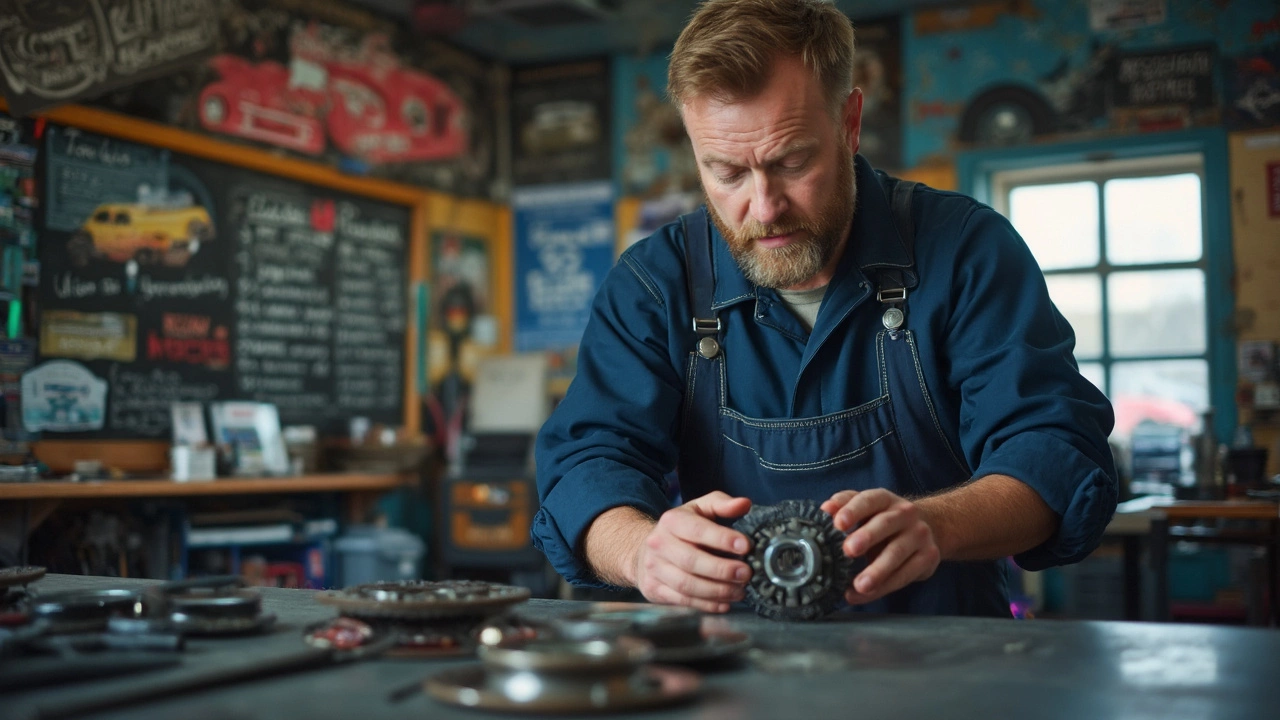 14 May 2025
14 May 2025
Clutch Kit Cost: What to Expect and How to Save
Curious about how much a clutch kit costs? This article breaks down the average prices, what affects those costs, and how you can keep your spending in check. We’ll cover everything from parts to labor and offer real tips for making your money go further. Whether you drive a stick every day or just want to avoid a nasty repair bill, you’ll get practical insights here. Get the facts before you fork over your cash.
Latest Posts
Tags
- car maintenance
- engine oil
- spark plugs
- brake pads
- engine performance
- vehicle maintenance
- spark plug replacement
- windshield wipers
- fuel pump
- suspension parts
- clutch replacement
- oil change
- clutch kit
- car performance
- air filters
- car suspension
- car radiator
- exhaust systems
- engine misfire
- fuel pump failure

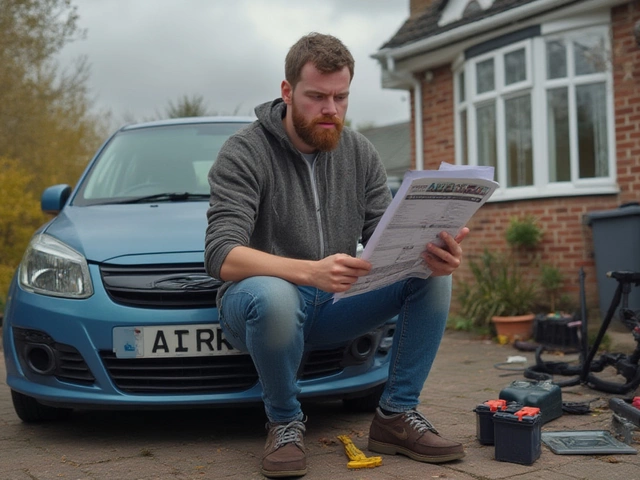
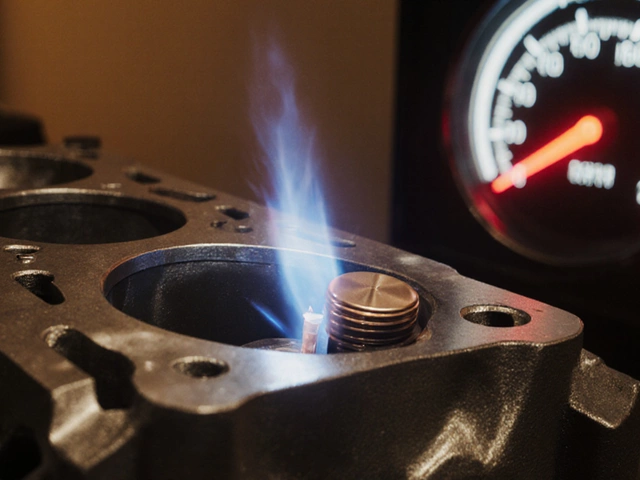
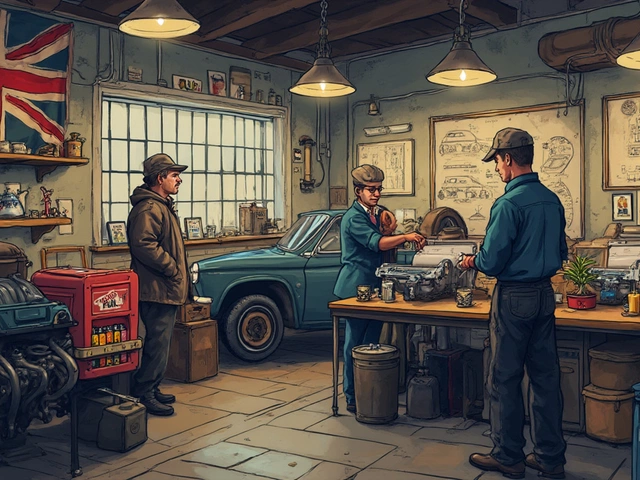
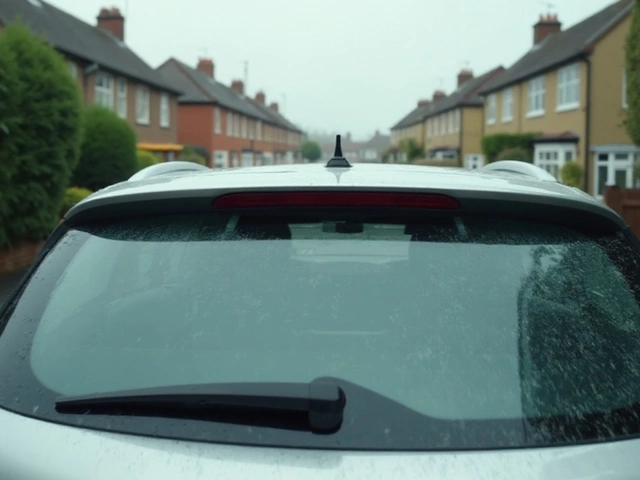

0